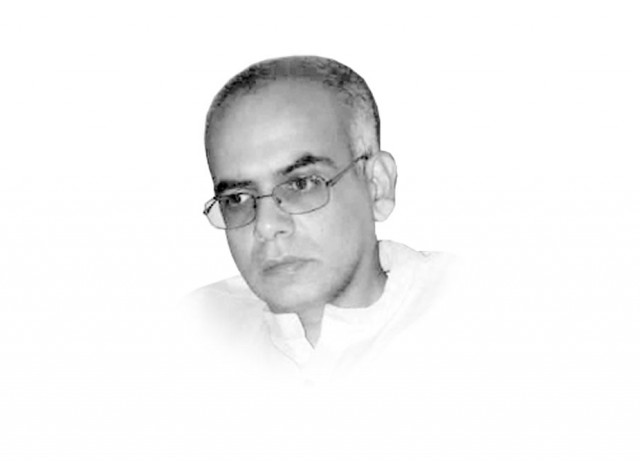How, and why, we justify inequalities
How, and why, we justify inequalities

Our world is full of glaring inequalities with escalating levels of gaps between the haves and have-nots. Leaving aside debates about the causes of inequality for now, let us think of how we as humans try to deal with the glaring inequalities which stare us in the face.
Most of us have our own way of coming to terms with the way the world around us works, and about the dominant systems within it that yield tremendous influence on how we lead our lives. It is perhaps understandable to see the well-off defend systems which have enabled them to prosper. However, it is quite puzzling to encounter ardent defenders of the status quo, when this status quo visibly discriminates against them.
This inherently conservative tendency to justify the way things are, even at the expense of individual and collective self-interest seems an astounding phenomenon. Yet, examples of such behaviour can be found across different cultures and regions of the world. Consider, for instance, how women in many societies are themselves often staunch defenders of patriarchal values, or else, how many people in poorer countries admire and aim to emulate the ascendency of western countries, even if most of these countries have been accumulating wealth by exploiting the people of the Global South.
What then makes us defend social systems that are responsible for the injustice and exploitation that we directly encounter? System justification is an intriguing theory which seeks to explain this seemingly contradictory behaviour.
The theory was proposed two decades ago by social psychologists to explain why disadvantaged individuals and groups tend to endorse negative stereotypes about themselves, and why they may even look upon their oppressors with admiration. The scope of the theory has been expanded to describe a much wider range of similar behaviours, including how people view notions of fairness, justice, or legitimacy, and even to explain the mass appeal of specific political and religious ideologies.
According to system justification theorists, people are motivated to support and defend different aspects of existing socio-cultural and political structures because doing so helps them come to terms with their own circumstances. System justification thus serves a palliative or soothing function, which increases individual satisfaction with the status quo. Believing in the system, no matter how lopsided, enables us to avoid wrangling with underlying inequities and power imbalances, and reduces uncertainty and the threat of social disharmony.
Notions of the poor being lazy, or prone to criminality, are often reiterated by poor people themselves, which are examples of system justification theory at work. Espousing such notions may alleviate personal distress to some degree, yet it has major adverse consequences. The justification of structural inequalities compels the disadvantaged to internalise negative stereotypes about themselves and to accept their inferior position within a given social order. Blaming the poor for their own deprivation also legitimises the use of heavy-handed policing, for instance, and places the responsibility of overcoming poverty onto the shoulders of poor people themselves. Belief in the efficiency and intrinsic fairness of the market system is another ideology through which the glaring accumulation of wealth coexisting with stark destitution is not only naturalised but lauded, including by those who remain disadvantaged and exploited by the market.
When people ignore or rationalise systemic injustice, discrimination and exploitation continue to spread. While bloody revolutions have hardly produced optimal results, system justifying ideologies are also very harmful as they undermine collective action to alter structural distortions which advantage the few at the cost of disadvantaging the many.
The prevalent systems dominating our world today are not universal truths but social constructs, which can be questioned, challenged, and reshaped. Yet to transform systems which are oppressive, we need to have the audacity to overcome our own complacency, and recognise and challenge exploitation, whether it is being experienced or inflicted by us.
Published in The Express Tribune, May 28th, 2021.
Like Opinion & Editorial on Facebook, follow @ETOpEd on Twitter to receive all updates on all our daily pieces.














COMMENTS
Comments are moderated and generally will be posted if they are on-topic and not abusive.
For more information, please see our Comments FAQ